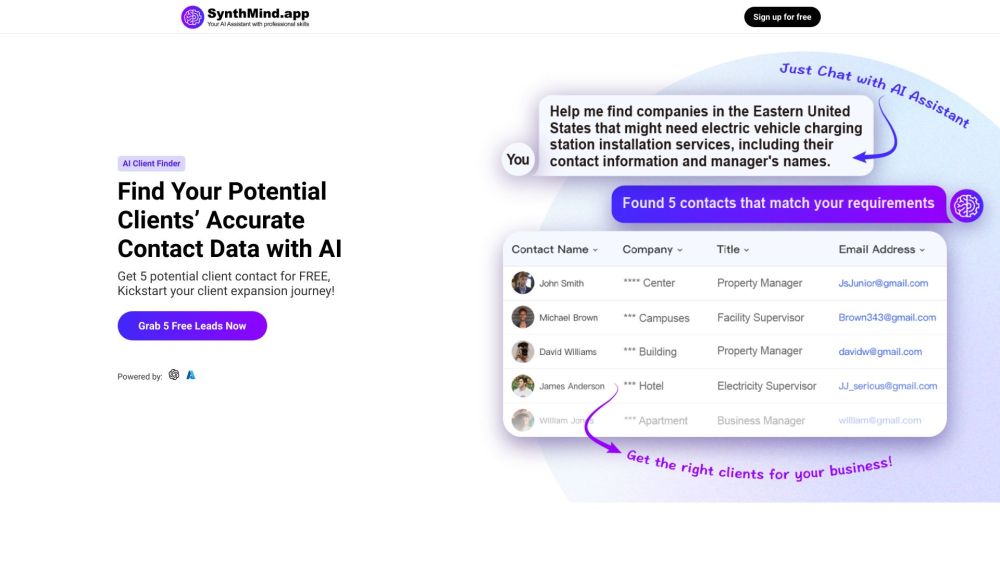The rapid pace of AI development has undeniably accelerated over the last year. Advances in technology have shifted the notion of AI surpassing human intelligence from the realm of science fiction to a plausible near-term reality.
Geoffrey Hinton, a Turing Award laureate, stated in May that the timeline for AI achieving human-level intelligence is now projected to be as soon as 2028, rather than the previous expectation of 50 to 60 years. DeepMind co-founder Shane Legg shared a similar sentiment, believing there is a 50% chance of achieving artificial general intelligence (AGI) by 2028. AGI signifies the point where AI can perform any intellectual task at human-level proficiency or beyond, transcending its current narrow focus.
This imminent possibility has ignited vigorous debates regarding AI’s ethical implications and regulatory future, shifting discussions from academic environments to international policy arenas. Governments, industry leaders, and the general public are now grappling with critical questions that may influence the trajectory of humanity.
There have been substantial regulatory announcements aimed at addressing these concerns, but significant uncertainties remain regarding specific impacts and effectiveness.
The Existential Risks of AI
While there is no consensus on the extent of potential AI-related changes, discussions have surfaced about the risks AI could pose. OpenAI CEO Sam Altman articulated concerns during a Congressional hearing in May, emphasizing that "if this technology goes wrong, it can go quite wrong," underlining the necessity of government collaboration to prevent such outcomes.
Altman’s views echo those of the Center for AI Safety, which in May asserted that mitigating the risk of AI-induced extinction should be prioritized globally, akin to tackling pandemics and nuclear threats. This perspective gained traction at a time when fears about AI's existential risks were at their peak.
Skepticism in the Industry
Conversely, some industry leaders express skepticism about extreme doomsday scenarios. Andrew Ng, former head of Google Brain, criticized the notion that AI might lead to human extinction, suggesting it serves as a guise for large tech companies to enforce burdensome regulations that could stifle competition. Ng warned that such regulatory capture might unfairly disadvantage smaller firms.
Yann LeCun, Meta's chief AI scientist and a fellow Turing Award winner, furthered this critique by accusing Altman and other tech leaders of engaging in "massive corporate lobbying" based on exaggerated concerns, arguing that it would result in regulations favoring a few large firms while marginalizing open-source projects.
The Push for Regulation
Despite divergent views, the move toward regulation has been accelerating. In July, the White House announced commitments from AI leaders, including OpenAI, Anthropic, Alphabet, Meta, and Microsoft, to develop security testing protocols before public tool releases. By September, 15 companies had signed on to this commitment.
In a significant step, the White House recently issued an Executive Order focused on "Safe, Secure, and Trustworthy Artificial Intelligence," aiming to balance innovation with oversight. This order mandates federal agencies to follow extensive directives concerning various sectors, including national security and healthcare, while requiring AI companies to share safety test results.
Global Initiatives on AI Policy
Notably, U.S. AI governance is part of a broader international conversation. Recently, the G7 introduced 11 non-binding AI principles, urging organizations developing advanced AI systems to adhere to an International Code of Conduct for "safe, secure, and trustworthy AI."
The U.K. also hosted the AI Safety Summit, which united global stakeholders to address AI risks, especially concerning frontier AI systems. The event culminated in "The Bletchley Declaration," signed by representatives from 28 countries, including the U.S. and China, warning of risks posed by advanced AI systems and committing to responsible AI development.
While this declaration did not set specific policy goals, experts view it as a promising foundation for international cooperation on an urgent global issue.
Striking a Balance Between Innovation and Regulation
As we approach the anticipated milestones outlined by experts, it becomes evident that the stakes surrounding AI development are rising. From the U.S. to the G7 countries and beyond, establishing regulatory frameworks is a top priority. These initial efforts aim to mitigate risks while fostering innovation, though questions of effectiveness and fairness remain.
AI represents a critical global concern. The upcoming years will be crucial in navigating the complexities of harnessing the positive potential of AI—such as advancements in healthcare and climate action—while ensuring ethical standards and societal safeguards. In this multifaceted challenge, collaboration among governments, businesses, academia, and grassroots movements will be essential for shaping the future of AI, influencing not just the technology sector but also the broader trajectory of human society.





